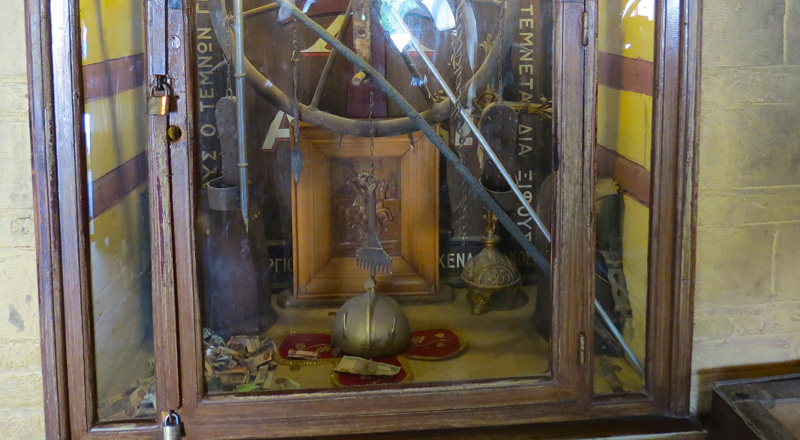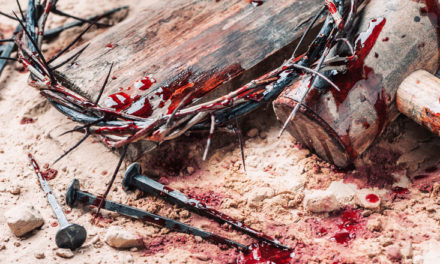Empathy
Tena tātou katoa e te iwi mīhana… (Greetings to all the people in mission)
This month’s whakatauki (proverb) is: “Waiho i te toipoto, kaua i te toiroa” (Let us keep close together, not far apart), which evokes a sense of solidarity.
Over recent weeks this proverb has been evidenced among First Peoples through Māori performing haka (traditional war dance) to tautoko (support) Native Americans protesting at Standing Rock, North Dakota USA. This expression of solidarity captured global attention.
In shocking contrast, the opposite was highlighted just days earlier in the missionsphere with the release of a parody promotional video produced by a relatively new US American mission, Luket Ministries. The video, which was supposed to be a fun promo, received appropriate reaction from Ugandans incensed that the video sexualised their formal women’s attire—for a mission promo!
Leaders in global mission have also censured the team for their ignorance. Ugandan friends of mine were among early critics and they are still bearing the brunt of a counter response from the Americans involved in the video—who attend the same Ugandan church.
Without empathy our mission activity is nothing more than condescension
What marks the main difference between these two examples of cross-cultural intersection? Empathy. Empathy is the golden thread I have woven through my teaching on Global Theologies at Laidlaw Manukau this semester. Empathy is a form of identification where we enter into and share the burdens of another. Without it our mission activity is nothing more than condescension, and our Christian life becomes pitifully parochial.
Referring to the harvest, Jesus calls us to “lift up our eyes” (John 4:35 KJV) because when He did He was moved with compassion (Matt 9:36-37). Compassion is defined by some as empathy in action. How much more ought we to respond with compassion to one another facing trials of many kinds (James 1:2)? While they are opportunities for joy, trials are also opportunities that join—to fulfil the prayer of Jesus in John 17.
 I write this at the beginning of a week long global focus on the Persecuted Church. Nov 6 and 13 bookend the International Days of Prayer for the Persecuted Church. My point of identification has been with Egyptian believers (pictured here with youth from Minya, Upper Egypt not long after a spate of persecution), along with Nigerian and Sudanese friends.
I write this at the beginning of a week long global focus on the Persecuted Church. Nov 6 and 13 bookend the International Days of Prayer for the Persecuted Church. My point of identification has been with Egyptian believers (pictured here with youth from Minya, Upper Egypt not long after a spate of persecution), along with Nigerian and Sudanese friends.
The header image is of tools of persecution on display at a church in Coptic Cairo. The long threat of violent persecution has developed an ancient theology of suffering in the Middle East. These tools, supposedly used to torture St. George, prince of martyrs, are revered as a reminder of the blessing of martyrdom. It is quite a different perspective from those of us who grew up in the West, yet we can learn to appreciate it, even identify with it.
Solidarity is created through sharing values and a similar perspective of the world. May we be a people of empathy who stand together in solidarity with our suffering brothers and sisters as we #stayonmission. 👊🏼
Ma te Atua e manaaki koutou (may you all experience the very best things from God),
Jay






